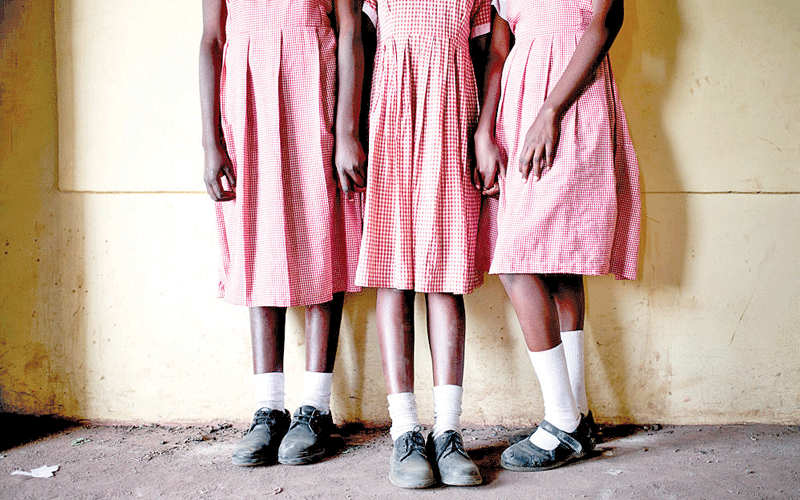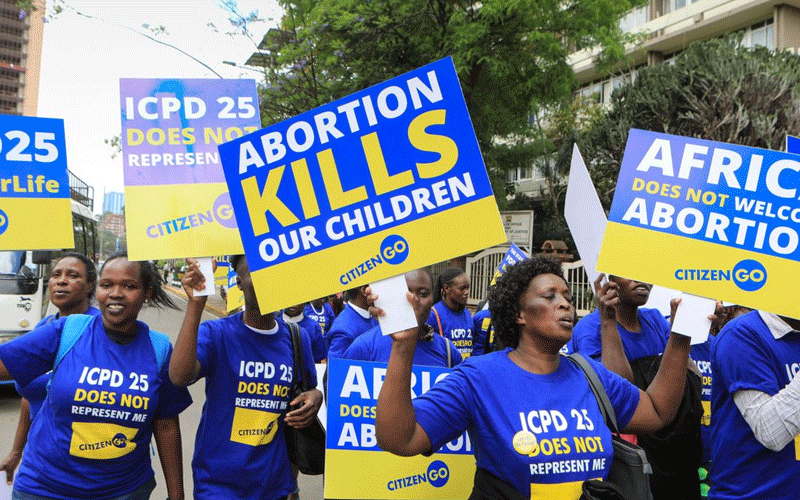Governments should improve sex education to curb teen pregnancy, HIV infections

Civil Society Organisations has called upon the government to improve Comprehensive Sexuality Education (CSE) for young people and expand access to reproductive health services to help tackle high rates of teenage rates pregnancies and new HIV infections.
Speaking recently during Kenya Country Consultation Post Ministerial Commitment on Comprehensive Sexuality Education meeting in Nairobi, the organisations led by LVCT Kenya said they want governments to commit to developing and delivering a comprehensive package of information, services and commodities that is free and available in all health facilities as well as in secondary schools, colleges and universities.
“Critical topics have been excluded from CSE curricular and out-of-school youth and other marginalised youth still find it difficult to access information or to be referred to or access services. That is why we want the government to improve CSE to cater for all young people,” said Dr Lilian Otiso, LVCT Health Executive Director.
Governments must also strengthen the referral mechanisms between schools and healthcare providers to better measure and track uptake of services by young people as well as sufficiently train teachers on sexuality matters since schools and teachers are not sufficiently trained on CSE, or adequately funded to deliver it.
According to them, Ministries of Health and Education should also intensify outreach to boys and young men, to increase their uptake of services and to empower them in challenging harmful gender and social norms.
This Call to Action was developed by Frontline AIDS, SAfAIDS and LVCT Health Kenya drawing on consultations with civil society and youth-led organisations from over 200 organisations, across 20 countries who are championing comprehensive sexuality education (CSE)and promoting adolescent sexual and reproductive health and rights (SRHR) across East and Southern Africa.
It came days after the National Council for Population and Development and National AIDS Control Council disseminated disturbing data on teen pregnancies and new HIV infections among young people in Kenya.
The rate of teen pregnancies has stagnated at 18 per cent for more than five years, with young people 10–24 years contributing about half of all new infections in Kenya. Kenya has not been able to make much progress in reducing teen pregnancies, gender based violence and new HIV infections.














